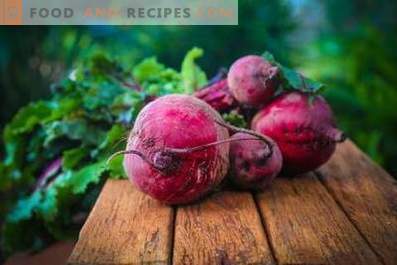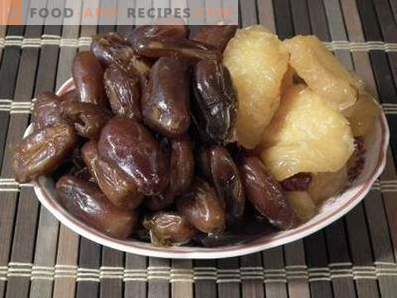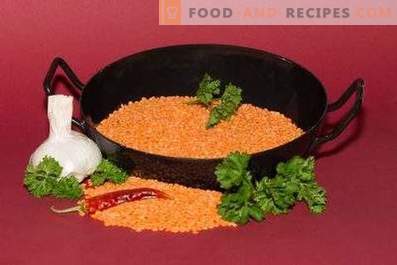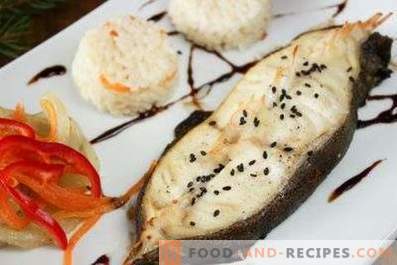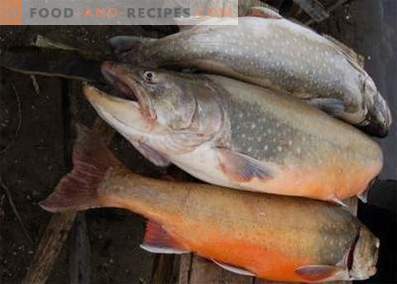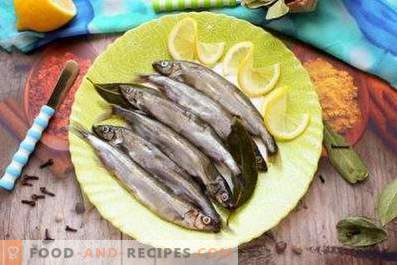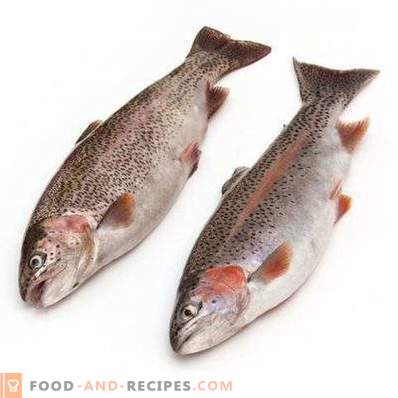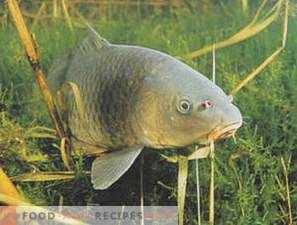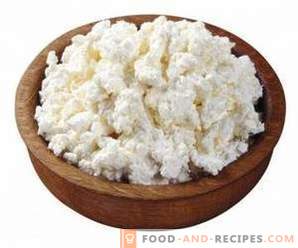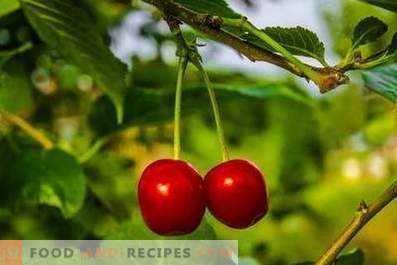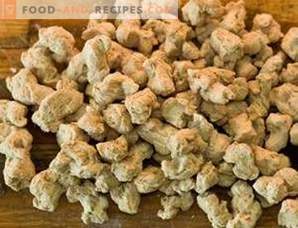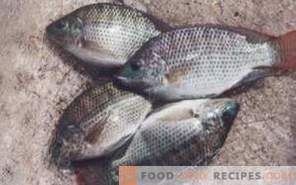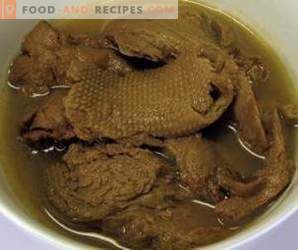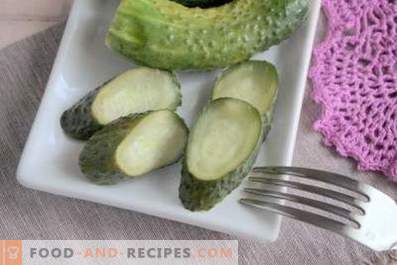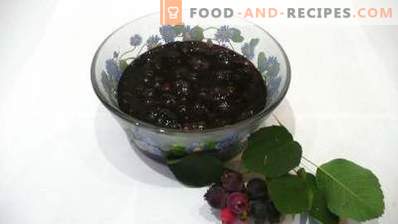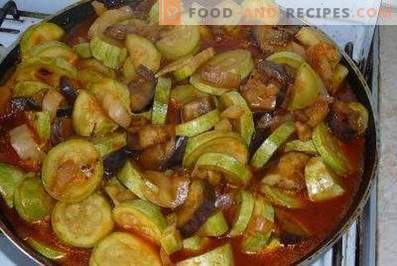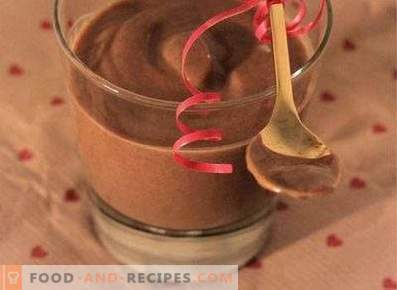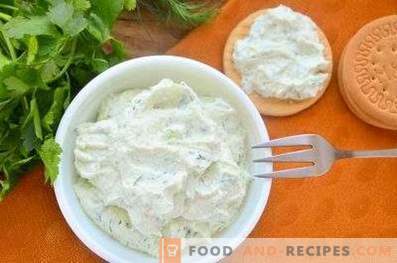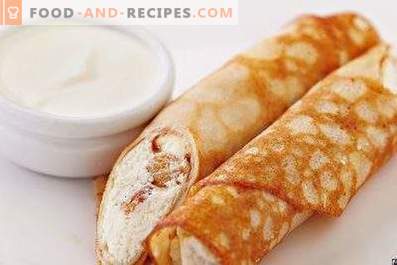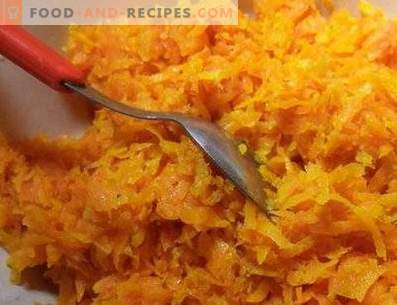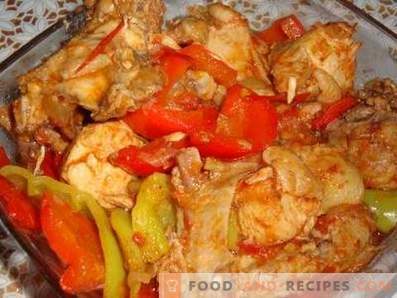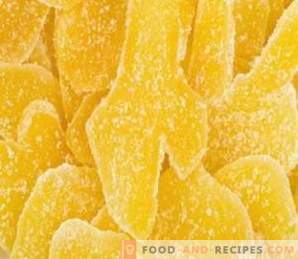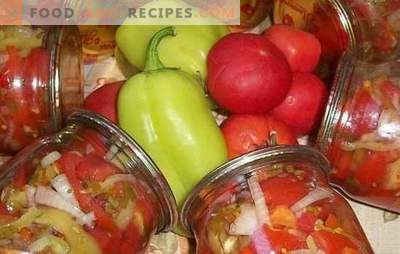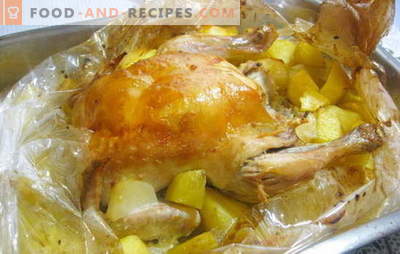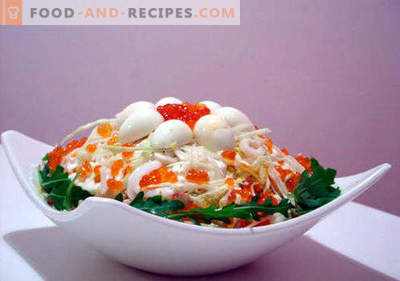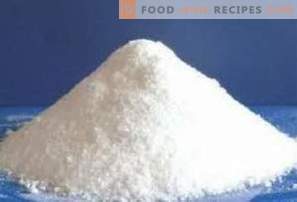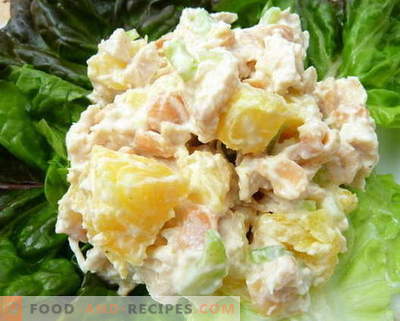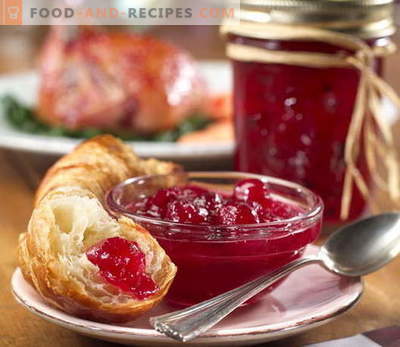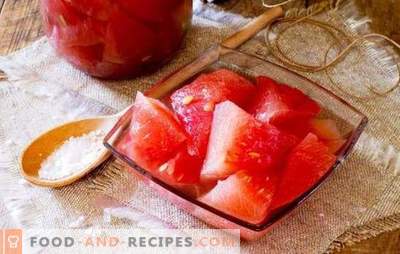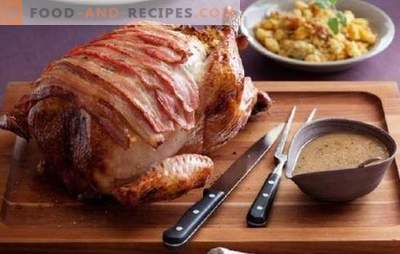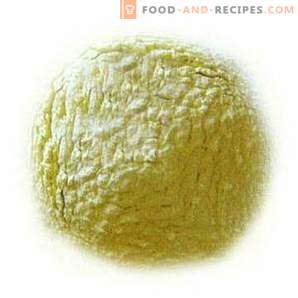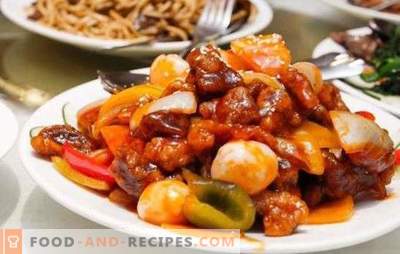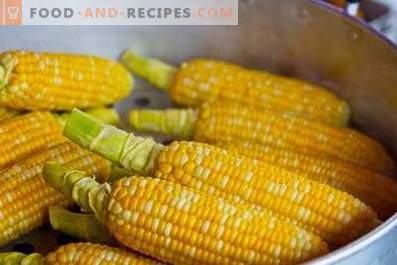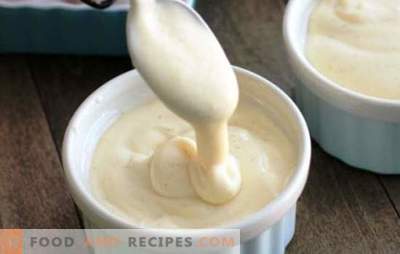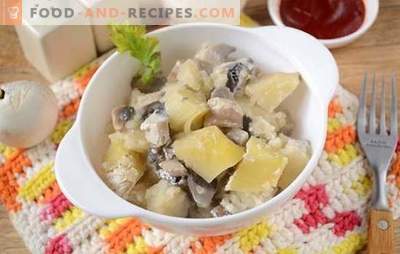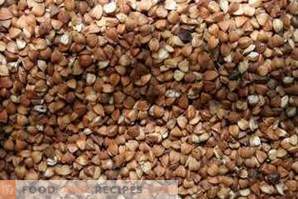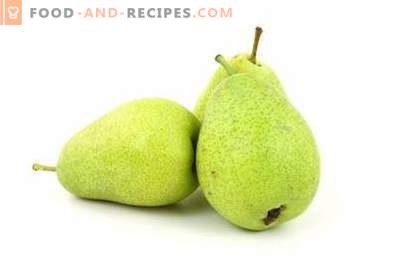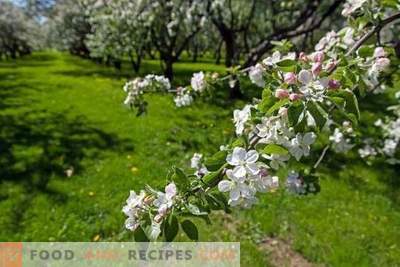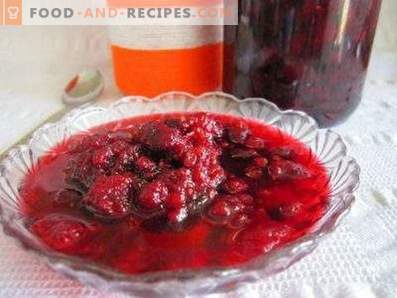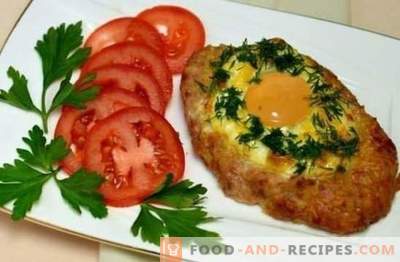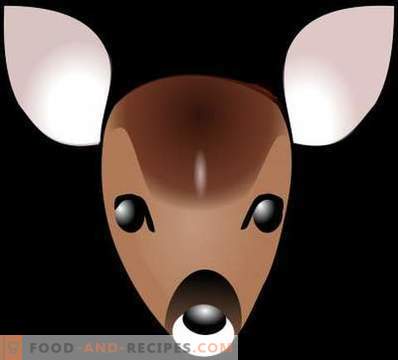
Deer or deer is a family of artiodactyls that includes more than 50 modern species. The natural habitat for these mammals are marshes, steppes, forests, deserts of Eurasia and America, and arctic tundra. Thanks to humans, deer have taken root on selected islands in the Caribbean, in New Zealand, Australia and New Guinea.
Meat deer, intended for cooking, called venison. For industrial harvesting of this product, herds of caribou are used. In turn, the meat of sika deer, roe deer and red deer is considered a game. According to nutritionists, the most delicious and nutritious is young venison harvested in the autumn.
In cooking, deer meat is used to make sausages, cutlets and chops. Venison cooked, dried, stewed, fried and baked in ovens, on the grill. Before heat treatment, the product is marinated in broths of wild berries, sour wines, lime juice solution with the addition of all kinds of spices.
Nutritional value of venison and vitamins in its composition
Nutritional value 100 g venison:
- 21, 694 g of proteins;
- 7, 122 g of fat;
- 71, 144 g of water;
- 0, 876 g of ash;
- 79, 151 mg of cholesterol;
- 0, 103 g of omega-3 fatty acids;
- 0, 286 g of omega-6 fatty acids.
Vitamins in venison (per 100 g):
- B1, thiamine - 0, 546 mg;
- E, tocopherol equivalent - 0, 446 mg;
- B6, pyridoxine - 0, 463 mg;
- B2, riboflavin - 0, 286 mg;
- K, phylloquinone - 1, 192 mcg;
- B9, folate - 3, 994 mcg;
- PP, niacin equivalent - 5, 693 mg;
- B4, choline - 87,887 mg;
- B12, cobalamin - 1, 864 mcg;
- B5, pantothenic acid - 0, 684 mg.
Calories of venison
The calorie content of raw venison is 156, 499 kcal per 100 g. The energy value of dishes prepared on the basis of this product is (per 100 g):
- baked meat - 167, 408 kcal;
- sausage from venison - 193, 606 kcal;
- fried meat - 272, 464 kcal;
- boiled venison - 224, 108 kcal;
- stews - 186, 492 kcal;
- venison cutlets - 261, 443 kcal;
- dried meat - 184, 212 kcal.
Useful elements in the composition of deer
Trace elements in 100 g of venison:
- Fe, iron - 2, 918 mg;
- Se, selenium - 9,822 mcg;
- Cu, copper - 139, 214 mcg;
- Zn, zinc - 4, 194 mg;
- Mn, manganese - 0, 013 mg.
Macroelements in venison (per 100 g):
- K, potassium - 329, 674 mg;
- Na, sodium - 74, 923 mg;
- Ca, calcium - 10, 974 mg;
- Ph, phosphorus - 200, 772 mg;
- Mg, magnesium - 20, 947 mg.
Useful properties of venison
- Venison is a real storehouse of high-grade protein. Athletes and other people who regularly experience increased physical exertion can use this meat as a natural source of protein.
- Regular consumption of reindeer meat in food makes it possible to avoid the development of beriberi, strengthen the body's immune forces, increase its ability to resist parasitic invasions, bacterial, fungal and viral infections.
- Deer meat contains a whole range of antioxidants that can slow down the aging of the tissues of the human body and reduce the likelihood of developing cancer.
- Venison is a low-fat, low-fat product. People who want to lose weight can include it in their diet menu.
- The reindeer diet includes a lichen moss, which has antibacterial and antiparasitic properties. That is why animals belonging to this family very rarely become carriers of parasites, and their meat does not require careful temperature and cooking.
- Compounds present in venison promote the excretion of excess cholesterol. Therefore, people who regularly include this product in their diet are less likely to get atherosclerosis.
- Useful nutrients that enter the human digestive tract when eating deer meat, strengthen the myocardium and vascular walls, give them additional elasticity, and reduce the risk of cardiac disorders.
- Regular consumption of venison helps normalize the work of the stomach and intestines, increase the production of digestive enzymes, and improve appetite.
- Deer meat contains substances that accelerate the excretion of poisons, radionuclides, heavy metals, toxins.
- Venison is the richest source of B-group vitamins. A small portion of meat replenishes the body's daily need for these nutrients. Regular inclusion in the diet of food from this product helps to normalize the nervous system, prevent the development of neurosis and depression, neutralize the negative impact of stressful situations on the body.
- Zinc, phosphorus, iron and other useful substances present in the meat of deer, have a positive effect on the work of the hematopoietic system, prevent the development of anemia.
- Nutritionists recommend that people who have had somnological disorders (difficulty falling asleep, troubled sleep, etc.) should supplement their menu with dishes made from deer meat at least once a week.
- The substances found in deer meat help regulate blood sugar levels and normalize blood pressure. People with diabetes and hypertension, it is useful to include this product in your diet at least every 5-6 days.
- Calcium and phosphorus entering the human body consuming deer-food dishes strengthen bones and prevent the development of dental diseases.
- Vitamins and other nutrients that venison is rich in accelerate lipid, carbohydrate and protein metabolism.
- Folk healers claim that deer meat has a positive effect on the work of the male reproductive system. Its weekly inclusion in the diet helps to increase potency, increase the duration of sexual acts, normalize the composition of the ejaculate, prevent the development of infertility.
- In Chinese medicine and cosmetology, the powder obtained by grinding dried deer meat is added to creams and gels for skin care. Cosmetic and medical products that contain this component, restore the elasticity and elasticity of the skin, give them a radiant and healthy appearance, slow down the processes associated with their aging.
Contraindications and harm to venison
- The only contraindication to the consumption of venison is allergy. Deer meat can trigger the development of allergic reactions in people suffering from intolerance to other meat products.
- Abuse of dishes prepared from reindeer meat can lead to the development of gout and other joint pathologies.
- Nutritionists advise people trying to get rid of extra pounds, to exclude roast venison from the diet.
